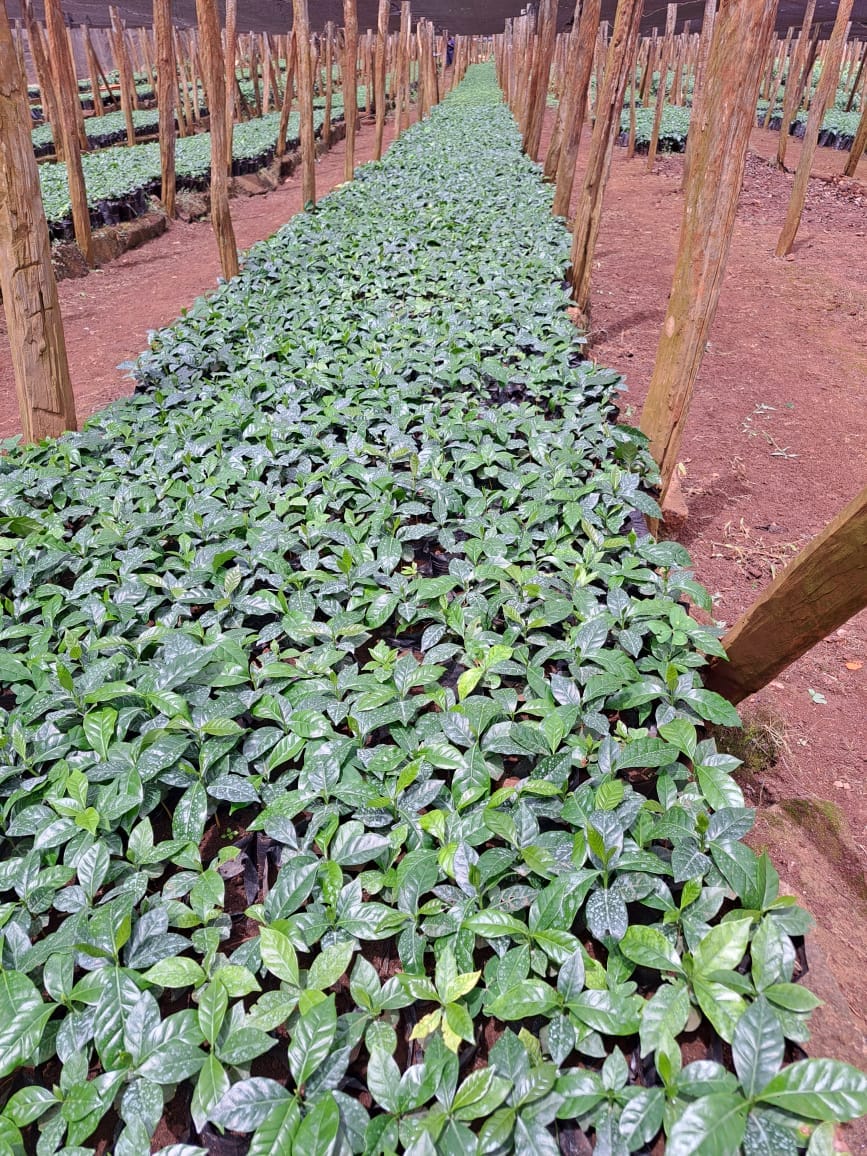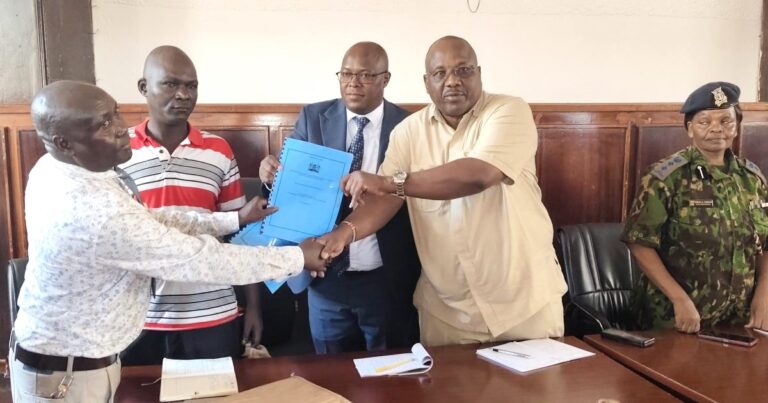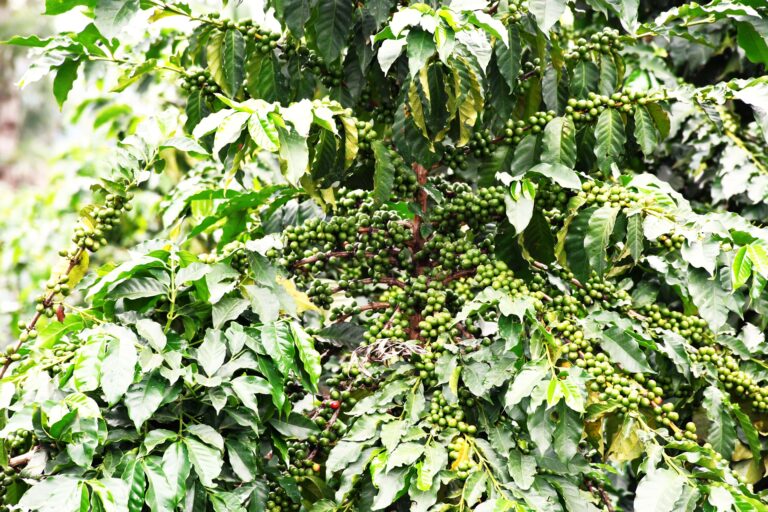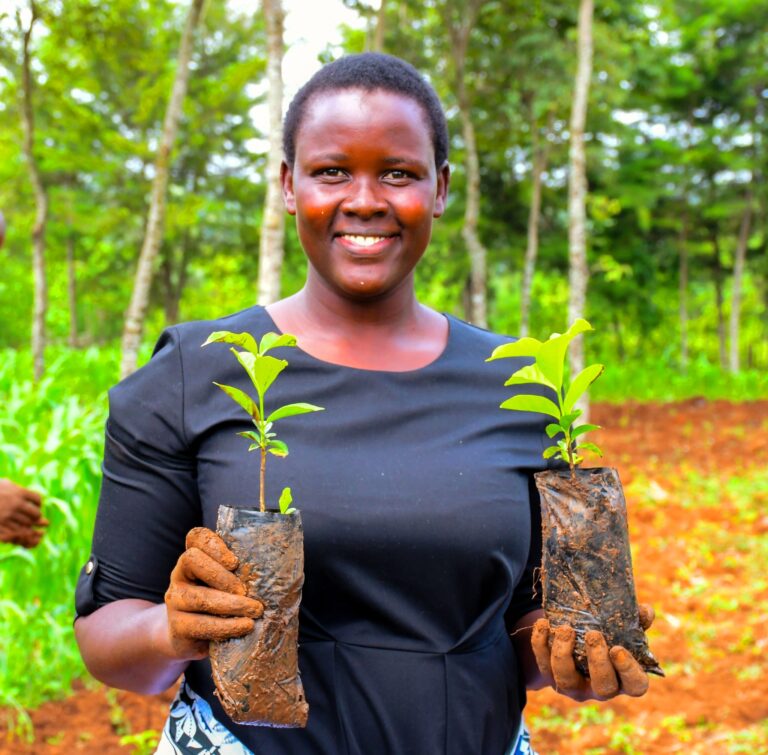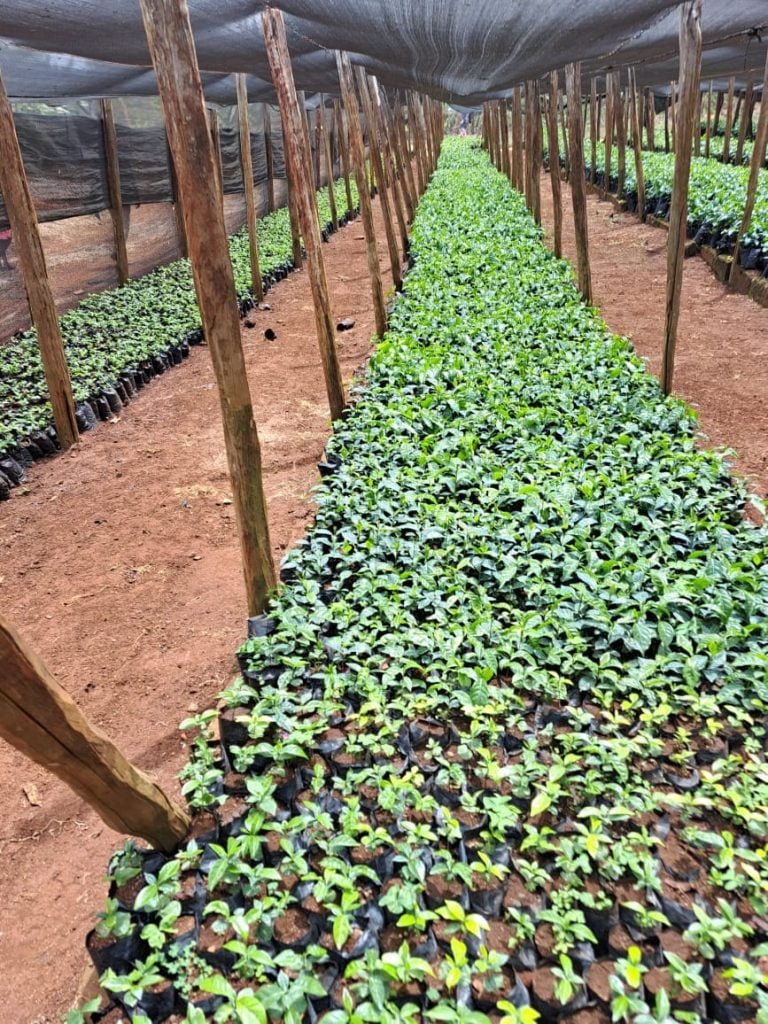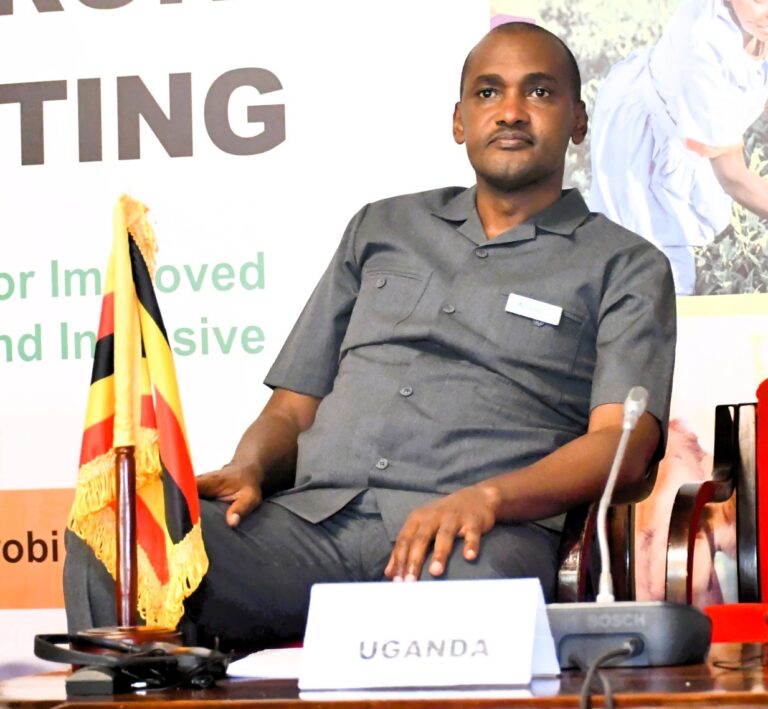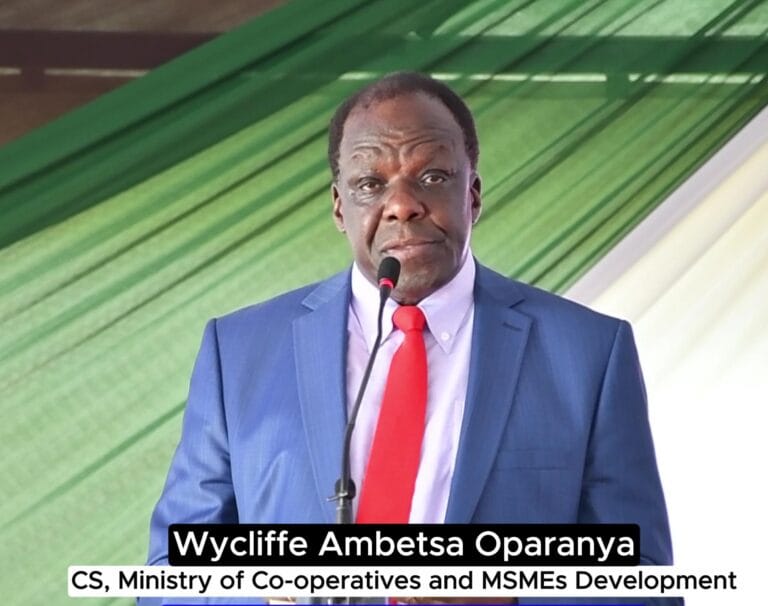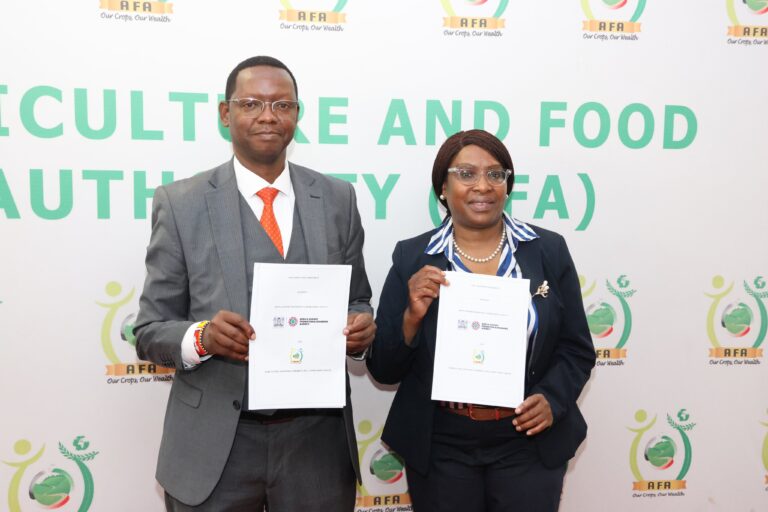The government has set aside Kshs 500 million in the supplementary budget to support the propagation and distribution of coffee seedlings to farmers, aiming to revitalize the sector.
The Principal Secretary for the State Department of Cooperatives, Patrick Kilemi, announced that the program will distribute 20 million high-yielding coffee seedlings annually to farmers across all coffee-growing regions. The initiative, spearheaded by the Coffee Research Institute (CRI) and the New Kenya Planters Cooperative Union (KPCU), seeks to significantly increase production.

Speaking at Ihura Stadium in Murang’a during a meeting with coffee farmers on Friday, Kilemi acknowledged Kenya’s lagging output compared to neighbouring countries. “Last year, Kenya produced 50,000 metric tons, while Uganda produced 400,000 metric tons and Ethiopia 750,000 metric tons,” he said. “We want our farmers to plant recommended seedlings as we target a tenfold increase in production. Properly nurtured coffee can yield over 40 kilos per bush.”
Kilemi attributed low productivity to ageing coffee bushes, which remain productive for only about 20 years. He emphasized the government’s ongoing reforms in the sector, including dismantling cartels at the Nairobi Coffee Exchange and separating licensing for millers, buyers, and brokers. “The reforms are bearing fruit. Farmers are now receiving better prices for their coffee,” he said.

To further boost output, the government is streamlining the distribution of subsidized fertilizer through New KPCU, which will source supplies from the National Cereals and Produce Board (NCPB) and deliver them directly to coffee factories. Additionally, the agency will distribute pesticides at a 40% subsidy to combat diseases and pests.
Kilemi highlighted coffee’s global economic significance, noting that it is the second most traded commodity after oil, with an estimated annual market value of $600 billion. Kenya earned Sh33 billion from coffee exports in 2023, but the government aims to raise this to Kshs 1 trillion in the near future through increased production and improved quality.
The PS also revealed plans to replace outdated pulping machines in coffee factories to reduce losses and enhance quality. Furthermore, the government has allocated Kshs 6.8 billion in the next budget to settle pending coffee debts. “After verifying the debts owed to cooperative societies, we established that the amount required is Ksh 6.8 billion. By August, these debts will be cleared, relieving farmers of financial burdens,” Kilemi said.
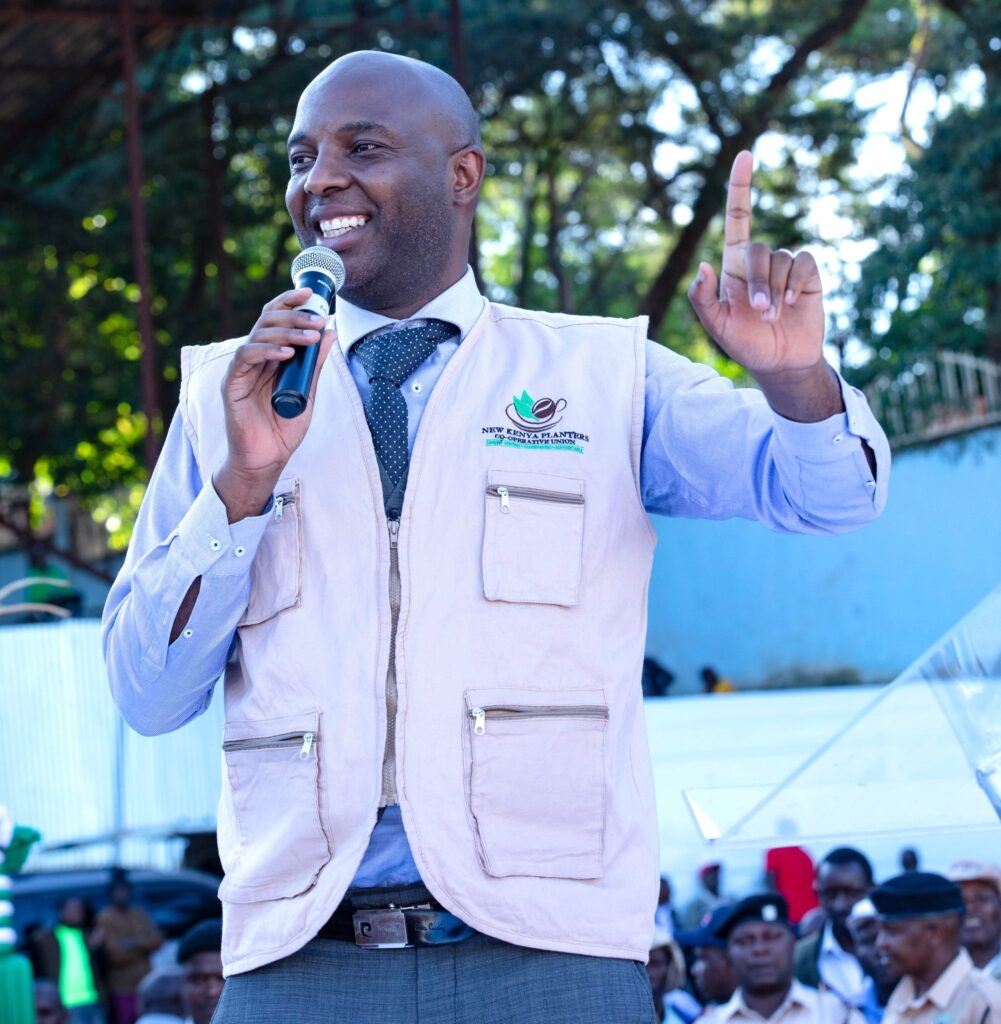
Murang’a Governor Irungu Kang’ata announced that his administration will allocate funds in the next financial year to support coffee farmers. A county delegation will also tour the U.S. and China next month to explore new markets for Murang’a coffee. “This year, coffee factories in Murang’a paid farmers an average of Ksh 115 per kilo, which is a landmark achievement,” Kang’ata said. “Some factories, like Wanjengi, paid Kshs 141, Kahuhia Main (Kshs 122), Ngwethe (Kshs 120), Kaganda (Kshs 119), and Mutheru (Kshs 116). This is a major improvement from the past, when farmers earned as little as Kshs 20 per kilo.”
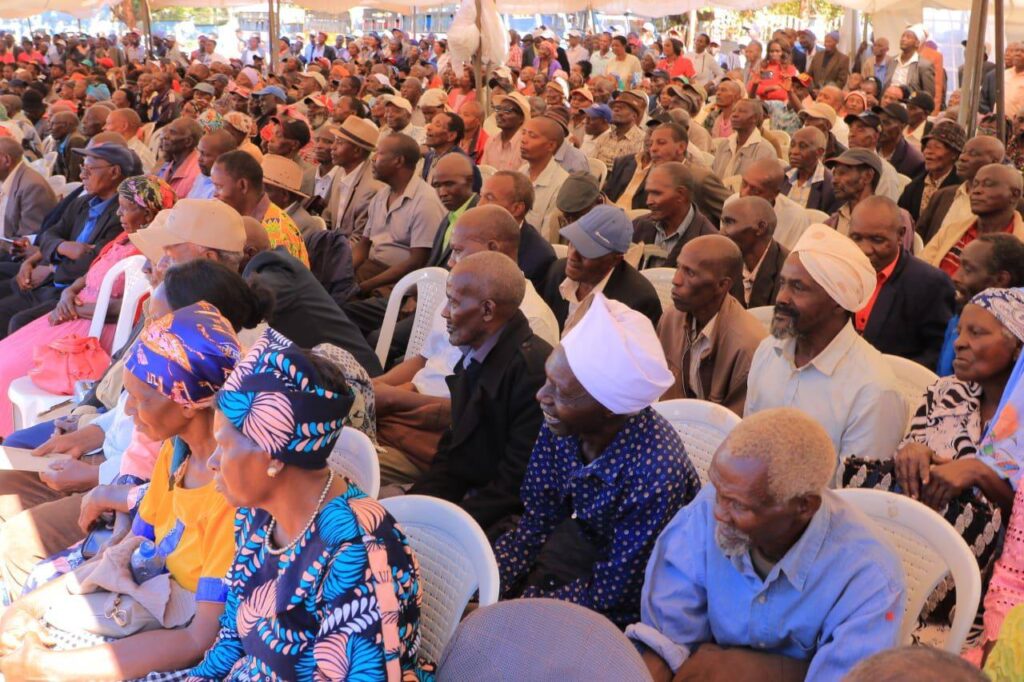
The governor added that his administration has trained cooperative leaders to strengthen the sector. However, some farmers, led by Francis Ngone, urged the government to scrap the Direct Settlement System (DSS), arguing that it threatens the operations of cooperative societies. “Farmers deliver their coffee to factories, and direct payments will disrupt these societies’ functions. The government should reconsider this move,” Ngone said.
With these interventions, the government aims to position Kenya as a leading coffee producer, boosting farmers’ incomes and contributing significantly to the national economy.


